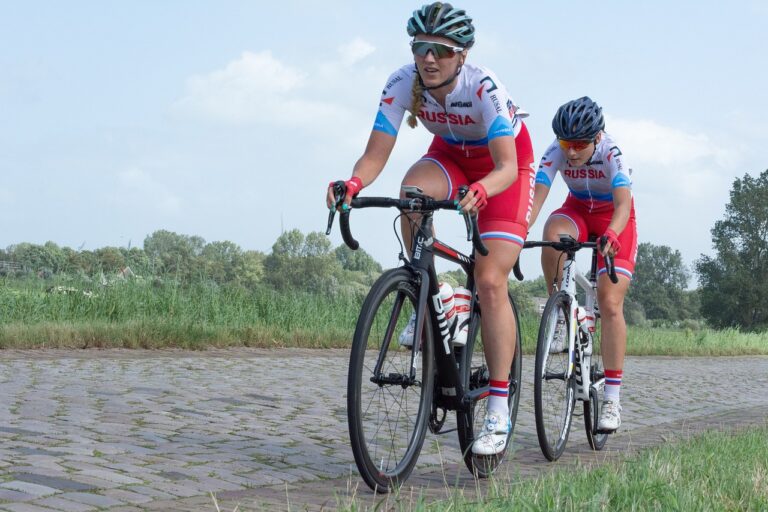Examining the Role of Experiential Learning in Skill Development: Gold bet 7 sign up, Radheexchange, 11xplay
gold bet 7 sign up, radheexchange, 11xplay: When it comes to developing new skills, traditional methods like reading books or attending lectures can only take you so far. Experiential learning, on the other hand, offers a hands-on approach that allows individuals to gain practical knowledge and experience in real-world settings. In this article, we will explore the role of experiential learning in skill development and how it can help individuals reach their full potential.
What is Experiential Learning?
Experiential learning is a process through which individuals learn by doing, reflecting on their experiences, and applying their knowledge in real-world situations. This hands-on approach to learning allows individuals to actively engage with the material, rather than passively absorbing information. By taking part in activities such as internships, apprenticeships, or simulations, individuals can develop practical skills and gain valuable experience that can be applied in their future careers.
The Role of Experiential Learning in Skill Development
Experiential learning plays a crucial role in skill development by providing individuals with the opportunity to practice and refine their skills in real-world settings. This hands-on approach allows individuals to gain a deeper understanding of the material and develop critical thinking and problem-solving skills. By actively engaging with the material, individuals can also improve their communication and collaboration skills, as well as their ability to work effectively in a team.
Furthermore, experiential learning helps individuals build confidence in their abilities and develop a growth mindset that encourages continuous learning and improvement. By facing real-world challenges and overcoming obstacles, individuals can develop resilience and adaptability, key skills that are essential for success in today’s fast-paced and ever-changing work environment.
FAQs:
Q: How can experiential learning benefit students in college?
A: Experiential learning can benefit college students by providing them with practical experience in their chosen field, helping them identify their strengths and weaknesses, and preparing them for future career opportunities.
Q: Are there any disadvantages to experiential learning?
A: While experiential learning offers many benefits, it can be time-consuming and require a significant investment of resources. Additionally, some individuals may find hands-on learning challenging or uncomfortable.
Q: How can I incorporate experiential learning into my personal development?
A: You can incorporate experiential learning into your personal development by seeking out opportunities to volunteer, intern, or work on projects that allow you to apply your skills in real-world settings. Additionally, you can participate in workshops or seminars that focus on experiential learning techniques.
In conclusion, experiential learning is a valuable tool for skill development that allows individuals to gain practical experience and apply their knowledge in real-world settings. By actively engaging with the material and reflecting on their experiences, individuals can build critical skills, develop confidence, and prepare themselves for future career opportunities. Whether you are a student looking to gain practical experience in your field or a professional seeking to improve your skills, experiential learning can help you reach your full potential.







